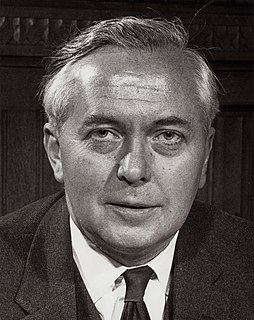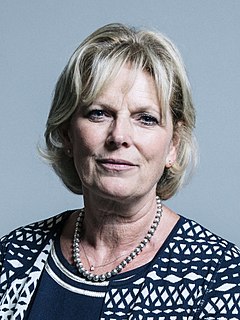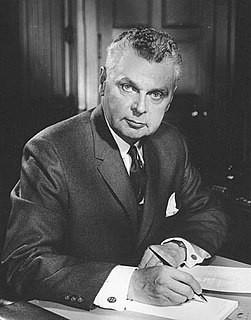A Quote by Guy Standing
A rich and diverse commons lowers the cost of living for those who use it. And throughout history, it has been those on low incomes who gain most from the commons.
Quote Topics
Related Quotes
Think of a public library, worth more for those who cannot afford numerous books. Think of a public waterway or fishing ground. All types of commons have imputed monetary value that together comprise a source of social income. As such, the commons reduces economic inequality and insecurity in society.
Inflation is not a Robin Hood, taking from the rich to give to the poor. Rather, it deals most cruelly with those who can least protect themselves. It strikes hardest those millions of our citizens whose incomes do not quickly rise with the cost of living. When prices soar, the pensioner and the widow see their security undermined, the man of thrift sees his savings melt away; the white collar worker, the minister, and the teacher see their standards of living dragged down.
In England, enclosure programs kind of destroyed the commons. In the United States, it happened later. But, ah, now it's happening in the world. The last remnant of the commons is the environment, which the indigenous people are still trying to preserve and we sophisticated rich people are trying to destroy.
Why consider debates in the English House of Commons in 1628 along with documents on American developments in the late eighteenth century? The juxtaposition is not capricious, because the Commons during this period generated many of the ideas that were later embodied in the government of the United States.
What type of new economical system can organize this system? There is another sector in our life, that we rely on every single day, that are absolutely essential: the social commons, the social economy. It is all the activity we engage in to create social capital. It doesn't create capital market. Social commons is growing faster than the market place. It is growing faster than the market place. The social commons include any activity that is deeply social and collaborative.
The rational herdsman concludes that the only sensible course for him to pursue is to add another animal to his herd. And another; and another . . . But this is the conclusion reached by each and every rational herdsman sharing a commons. Therein is the tragedy. Each man is locked into a system that compels him to increase his herd without limit — in a world that is limited. Ruin is the destination toward which all men rush, each pursuing his own best interest in a society that believes in the freedom of the commons. Freedom in a commons brings ruin to all.


































